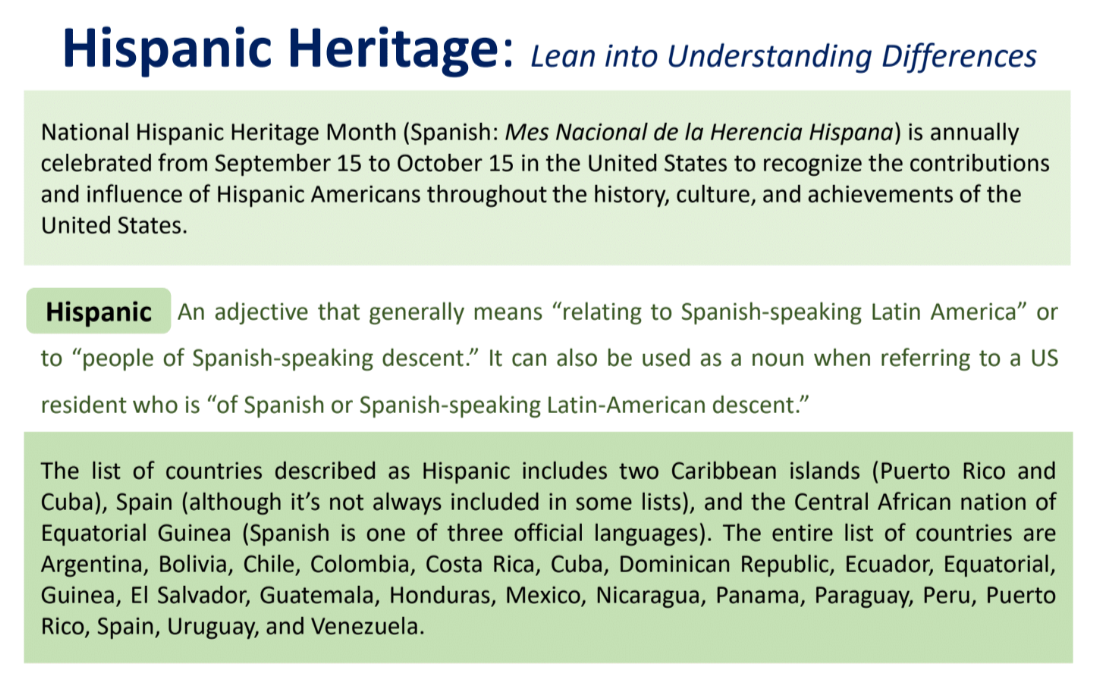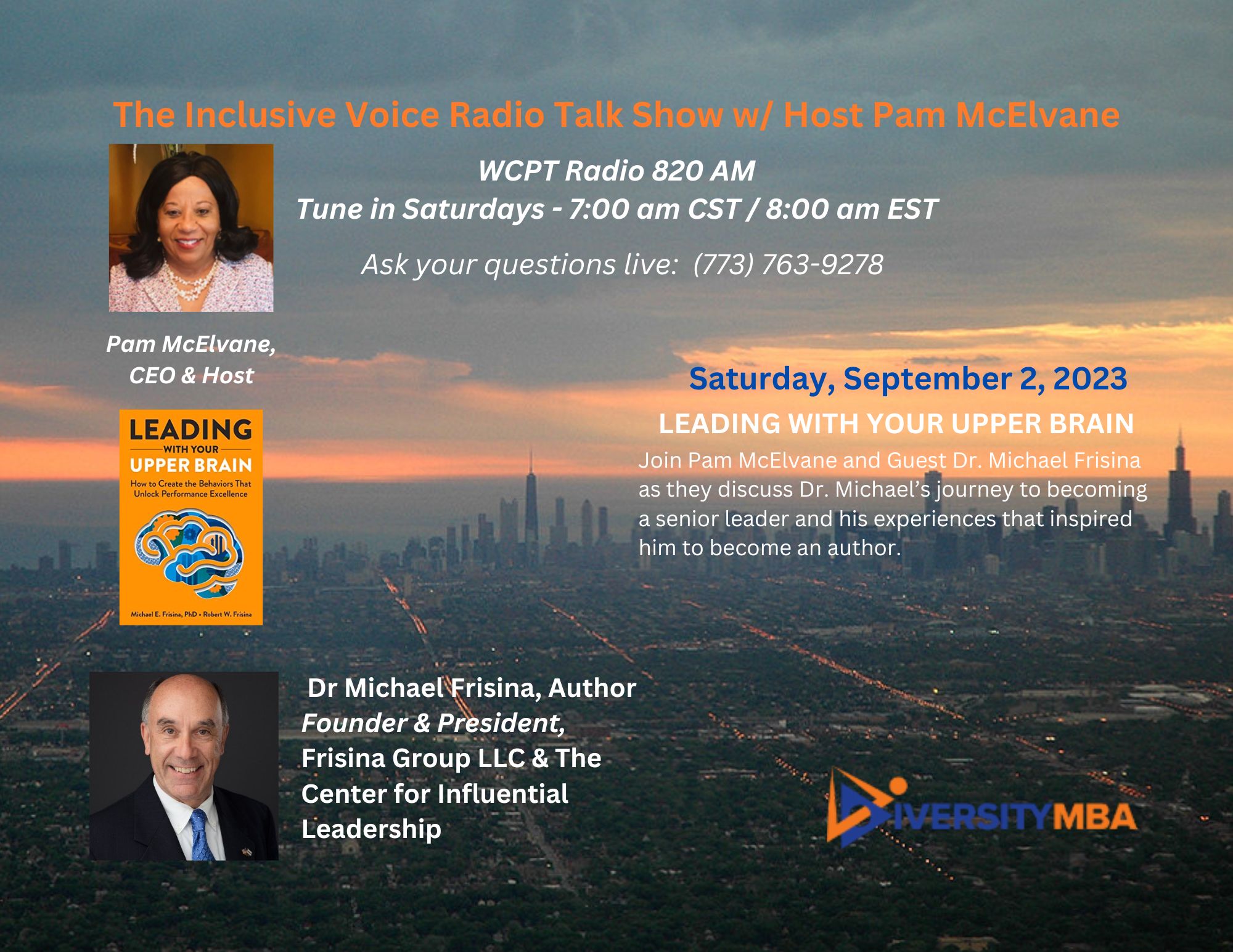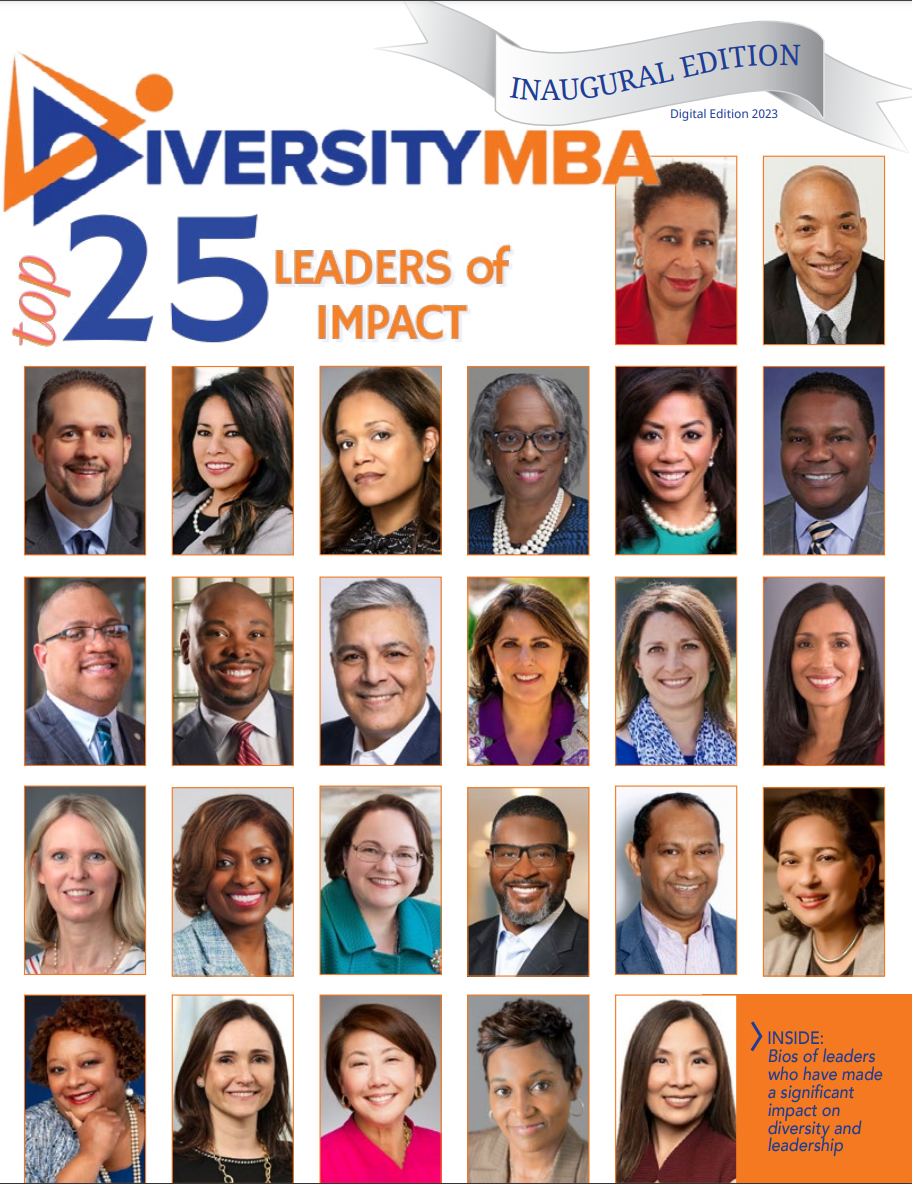Psychological research can help reduce crime, increase community trust, says APA CEO
WASHINGTON – The American Psychological Association voiced support today for measures aimed at decreasing racial bias in policing and the criminal justice system, including a ban on chokeholds and strangleholds, involving psychologists in multidisciplinary teams to implement police reforms, and encouraging private/public partnerships between mental health organizations and local law enforcement.
“Psychological research can provide direction for law enforcement efforts to reduce crime and increase community trust,” APA CEO Arthur C. Evans Jr., PhD, said in written testimony submitted to the House Judiciary Committee. “For the last several decades, there have been repeated instances of violent conflicts between police and civilians, particularly police officers and individuals of color. The recent death of George Floyd in Minneapolis, MN, reinforces a longstanding relationship between citizens of color and law enforcement characterized by mutual mistrust.”
Studies have consistently shown that the most important factors related to public evaluations of the police are whether they believe that the police are exercising their authority fairly, Evans noted. To address this, research by industrial organizational psychologists in particular have shed light on various issues relevant to policing, such as personnel selection, training, performance evaluation, leadership and organizational culture. On the topic of personnel selection, I-O psychologists working with law enforcement agencies can draw from literature about racial biases to inform personnel selection procedures that help identify applicants’ beliefs toward minorities, prejudices, and potential to display discriminatory behavior, Evans said.
“Psychological research shows that a key factor shaping whether people obey the law is whether they trust the law and legal authorities,” Evans said in his written remarks. “Studies of the police indicate that whether people break the law is more strongly shaped by whether people trust the police than by whether people believe that they are likely to be caught and punished if they break the law. Distrust also makes controlling crime increasingly difficult because it lowers the willingness of community members to help the police solve crimes or identify criminals.”
Evans enumerated the changes that APA recommends to police departments and the criminal justice system:
- Promote community policing. APA called on Congress to implement community-based policing nationwide. Research shows that this approach increases community trust.
- Ban chokeholds and strangleholds. These tactics can be deadly or have neurocognitive impacts. These solutions should account for the safety of the officer in dangerous situations, as well the safety of individuals interacting with law enforcement.
- Invest in crisis intervention teams. Psychologists play a key role in community-based, crisis intervention teams that train police officers to safely and effectively deal with situations involving individuals with serious mental illness. Tailored by each community to fit local needs, these teams unite the efforts of police officers, mental health educators and community advocates to resolve and de-escalate potentially violent situations in positive ways.
- Increase the number of mental health professionals in law enforcement agencies. Mental health professionals can provide training and resources to help identify and defuse potential conflicts between law enforcement and the community. They are also skilled in identifying and addressing issues affecting police officers and staff including stress, trauma, family support and education.
- Involve psychologists in multidisciplinary teams to implement police reforms. These professionals need to be empowered to help monitor police officers’ stress levels, mental health, burn-out and attitudes toward the public. Police psychologists are needed to help optimize police department cultures, develop leaders and institute a “preservation of life” policing orientation.
- Encourage private/public partnerships between mental health organizations and local law enforcement. These partnerships can develop best practices for addressing community and police relations that can be disseminated widely across the nation to police departments and mental health facilities. Police-community partnerships encouraged by the Community Oriented Policing Office (COPS) of the Department of Justice (e.g., athletic leagues) can decrease stereotypes and increase citizen engagement.
- Discourage police management policies and practices that can trigger implicit and explicit biases. Research shows that certain types of proactive policies may be more effective at reducing racial disparities than are interventions designed to eliminate implicit bias.
- Strengthen data collection. Created following recommendations in the Task Force on 21st Century Policing, the Police Data Initiative supports local police department efforts to leverage data to increase transparency and accountability and build trust with their communities. Different from data on crime, these datasets may include data on stops and searches, uses of force, officer involved shootings, or other police actions.
- Bolster research. APA called for re-establishing a Science Advisory Board at the Department of Justice to help bridge the divide between research and practice in criminal justice fields. Through regular interactions with the Office of Justice Programs leadership and staff, members of the board would gain a deeper appreciation of the complexities of implementing and evaluating innovative approaches to the administration of criminal and juvenile justice.
“Our nation is in the midst of a racism pandemic,” Evans said. “The consequences of this pandemic are dire, particularly for African American citizens and other communities of color, who disproportionately suffer directly from the structural racism embedded within our society, from our criminal justice system to our schools, from workplaces to our health care system. The public health consequences of ongoing, structural racism include both physical and mental illness. It is past time to fix these inequities.”
The American Psychological Association, in Washington, D.C., is the largest scientific and professional organization representing psychology in the United States. APA’s membership includes nearly 121,000 researchers, educators, clinicians, consultants and students. Through its divisions in 54 subfields of psychology and affiliations with 60 state, territorial and Canadian provincial associations, APA works to advance the creation, communication and application of psychological knowledge to benefit society and improve people’s lives.








